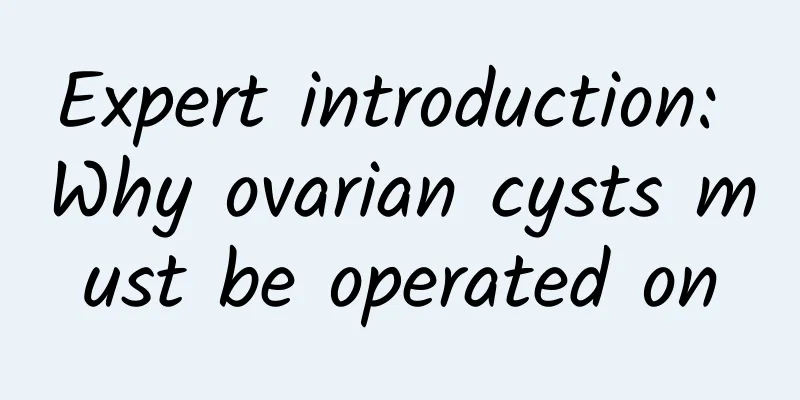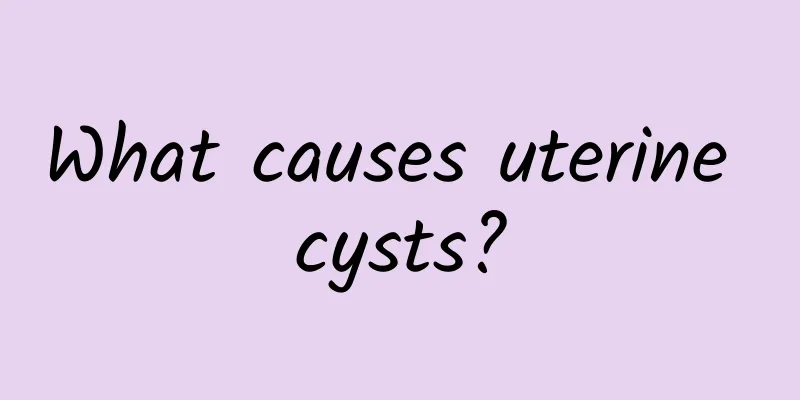Is pelvic inflammatory disease incurable? What are the surgical options for pelvic inflammatory disease?

|
Is pelvic inflammatory disease untreatable? What are the surgical options for pelvic inflammatory disease? 1. Pelvic inflammatory disease is divided into acute and chronic. The former has an acute onset and generally has an obvious cause. If the treatment is timely, thorough and effective, it can often be cured. When acute inflammation is not thoroughly treated, it can turn into a chronic disease. However, it is more likely to be caused by a slow onset and a mild condition that does not attract attention. Therefore, it is not treated in time and becomes a chronic disease. This type of pelvic inflammatory disease often causes infertility in women. 2. Chronic pelvic inflammatory disease often manifests as bilateral salpingitis. Over time, the opening of the fallopian tube, especially the end that receives the egg, called the umbrella end, is partially or completely blocked. The inflammation may also cause adhesion of the inner mucosa of the fallopian tube, causing the lumen to narrow or close. In this way, the passage of eggs, sperm or fertilized eggs is obstructed, leading to infertility. Severe pelvic inflammatory disease can spread to the pelvic peritoneum, uterus and tissues beside the cervix, eventually causing these organs and tissues to harden and become inactive. In particular, the fallopian tube loses its soft and peristaltic physiological properties, becomes stiff and twisted, and the lumen is completely blocked, reaching a level that cannot be cured. 3. In addition, pelvic inflammatory disease surgery can be performed by abdominal surgery or laparoscopic surgery according to the situation. The scope of surgery should be comprehensively considered based on the scope of the lesion, the patient's age, and general condition. The principle is to remove the lesion. Young women should try to preserve ovarian function and use conservative surgery as the main method; for older women, those with bilateral adnexal involvement or repeated adnexal abscesses, total hysterectomy and bilateral adnexectomy should be performed; the scope of surgery for extremely weak and critically ill patients must be determined according to specific circumstances. |
<<: What is the cause of pelvic effusion?
>>: What is the difference between a biochemical pregnancy and an ectopic pregnancy?
Recommend
Does vaginal polyp need to be operated after menstruation?
Does vaginal polyp surgery have to be done after ...
A thorough understanding of the causes of uterine fibroids
In recent years, uterine fibroids have become a m...
Bartholinitis medications
Bartholinitis refers to inflammation of the Barth...
Groin strain and bursa injury and inflammation during yoga
Don’t try to force yourself when doing yoga moves...
Can I eat green peppers if I have vaginitis?
Patients with vaginitis can usually eat sweet gre...
What measures can be taken to prevent acute vaginitis
What measures can be taken to prevent acute vagin...
What are the items for post-abortion review?
When it comes to abortion, many people are famili...
Snack bar, barbecue and hot pot are all available! Nutritionists explain how to reduce sugar intake, so you can easily reduce sugar intake when eating out
As mentioned at the beginning of Part 3, there ar...
What are the symptoms of pelvic inflammatory disease?
What are the symptoms of pelvic inflammatory dise...
"Shoot away" stubborn fat, endocrine body shaping is great
You have been controlling your diet, but your wai...
What supplements can cure functional uterine bleeding quickly?
Symptoms of functional uterine bleeding can be im...
What are the symptoms of ectopic pregnancy
Ectopic pregnancy, also known as ectopic pregnanc...
Will painless abortion for girls affect their normal work and study?
Painless abortion for girls needs special attenti...
How to treat cervicitis after childbirth? These methods can treat postpartum cervicitis
Postpartum cervicitis is a common gynecological d...
Treatment Methods for Promoting Ovulation in Patients with Dysfunctional Uterine Bleeding
The treatment of patients with functional uterine...









